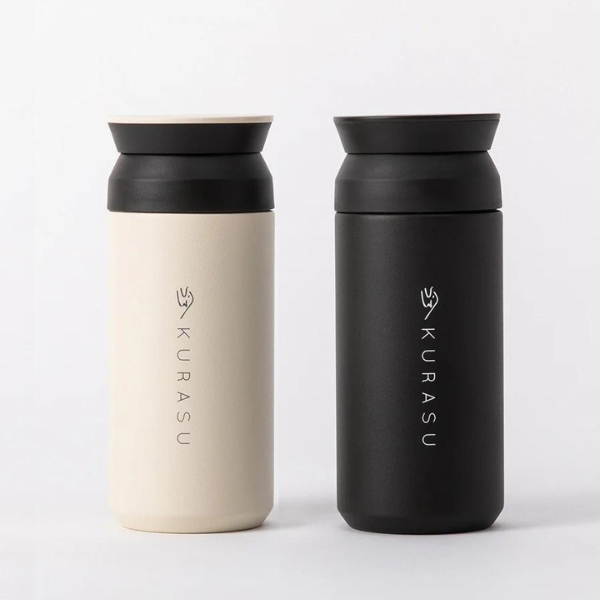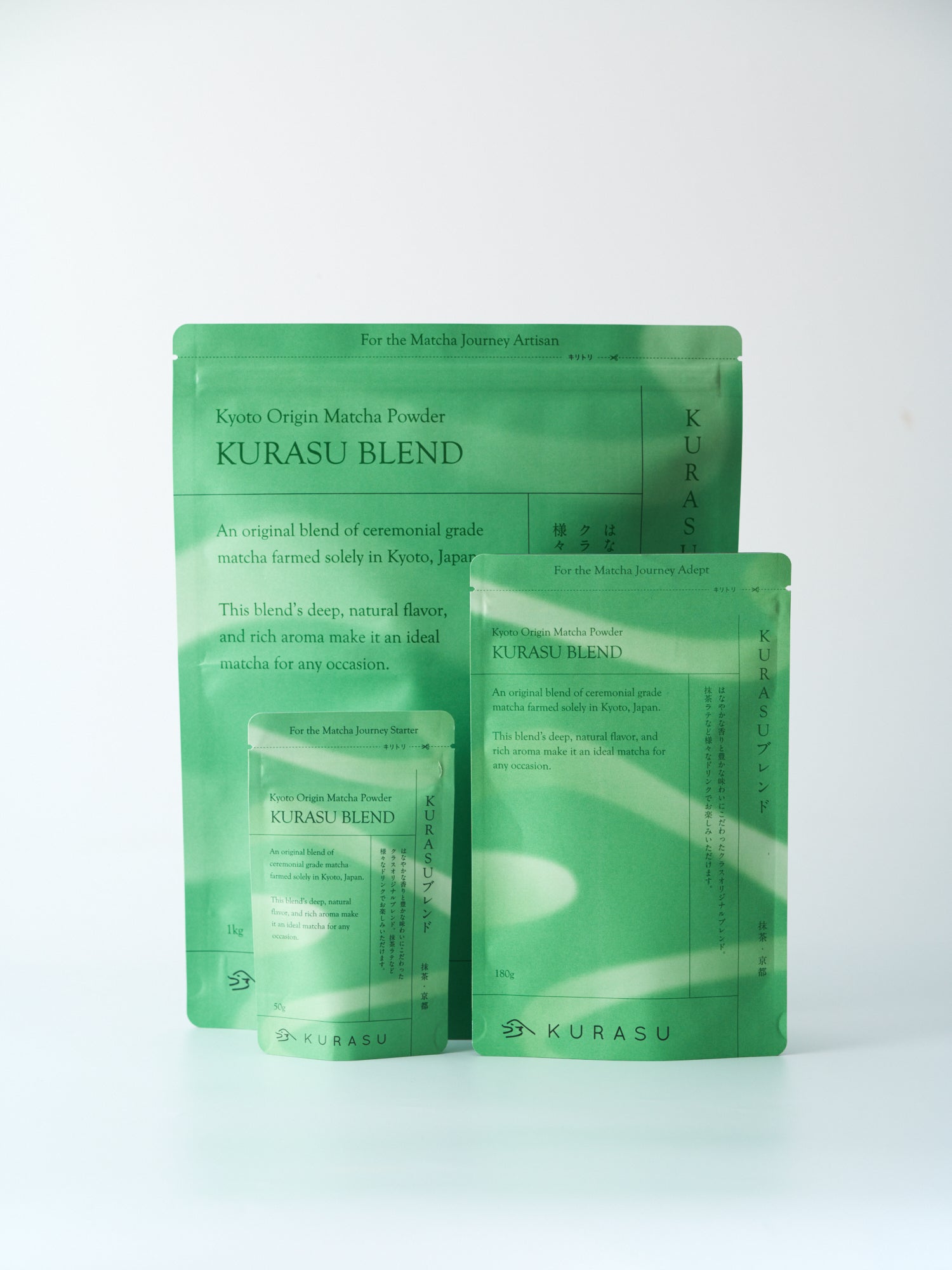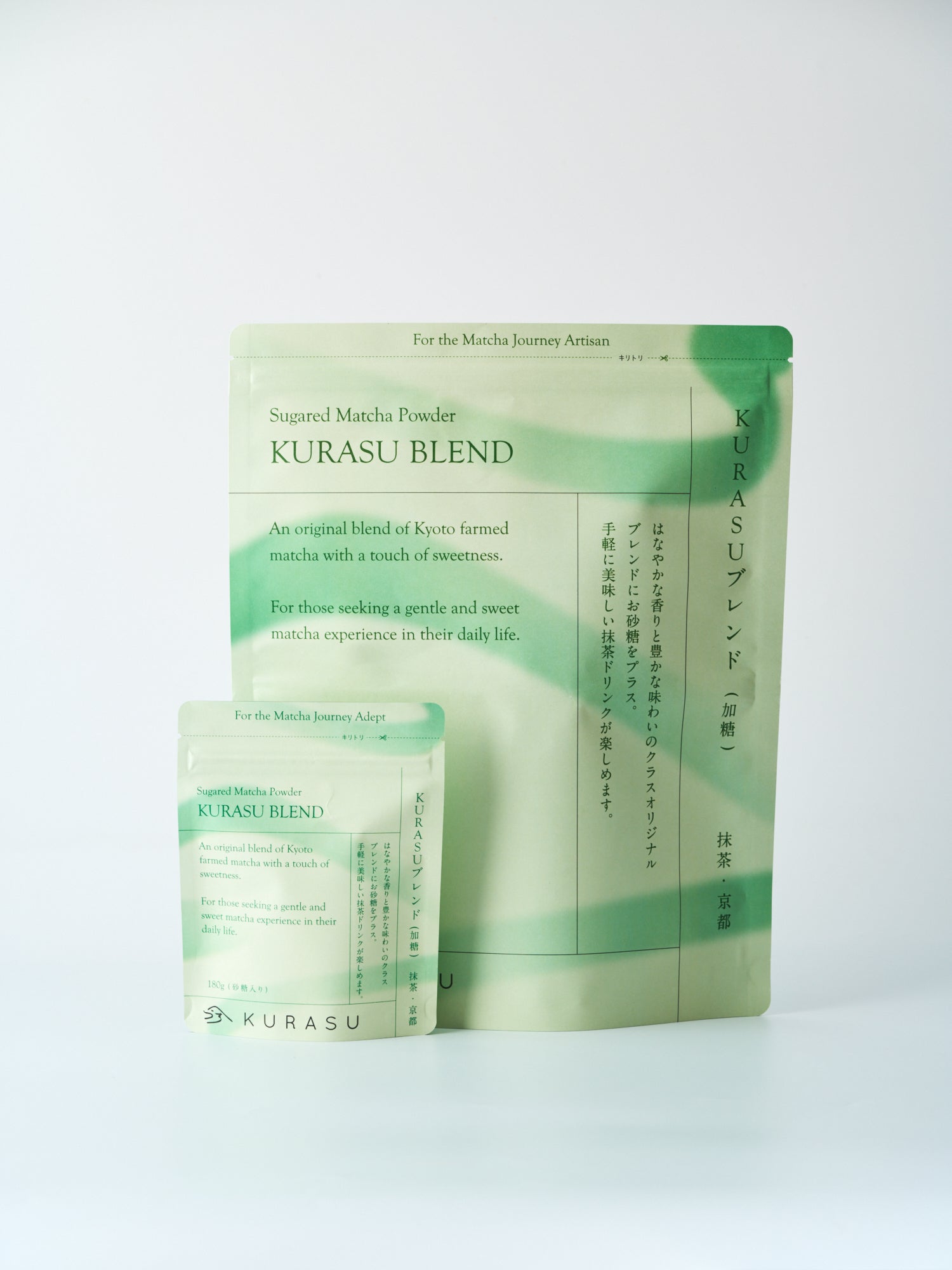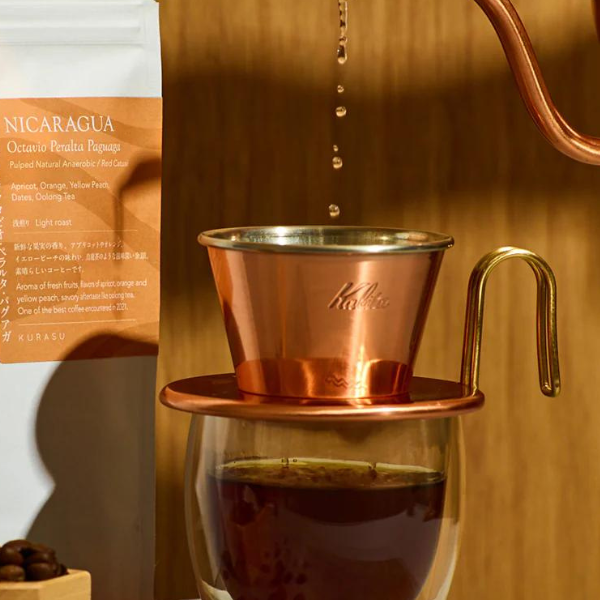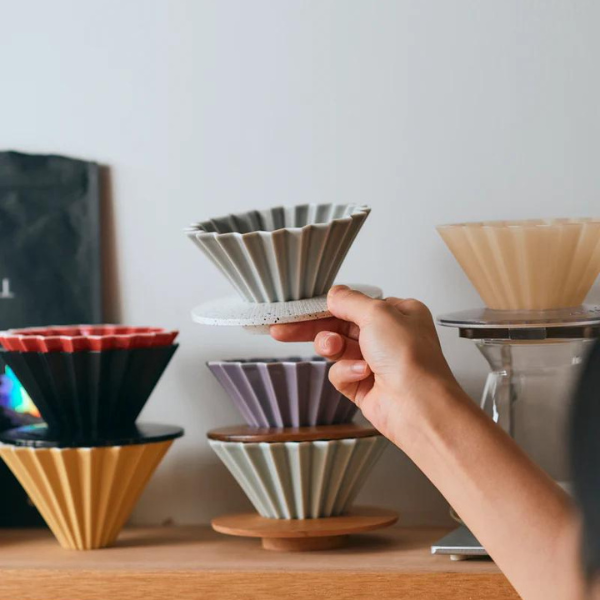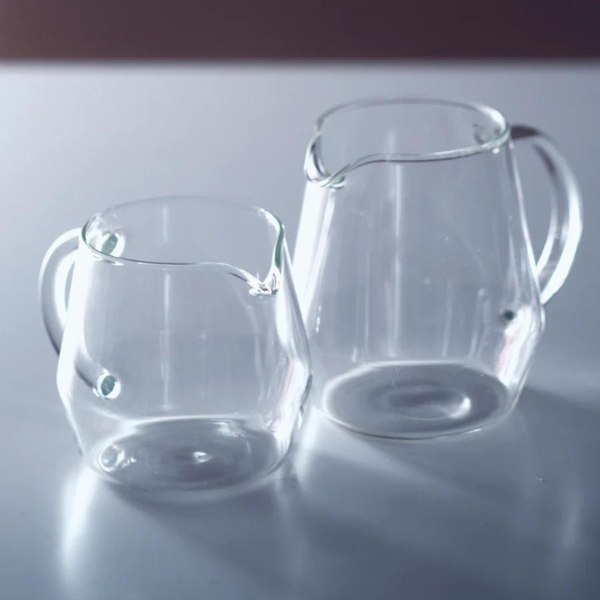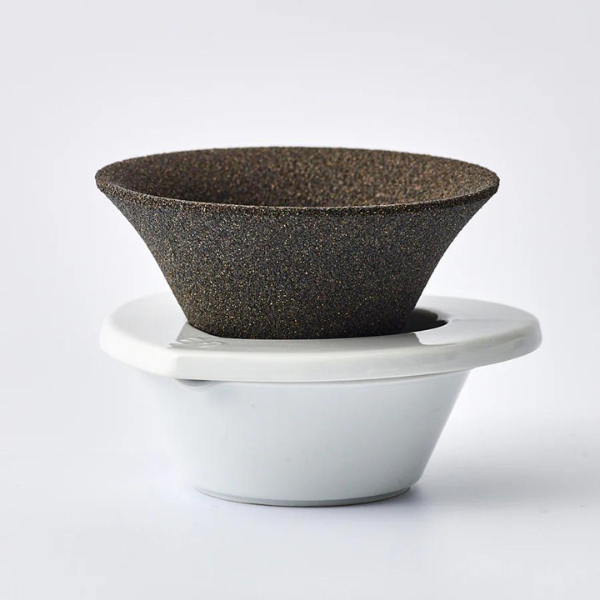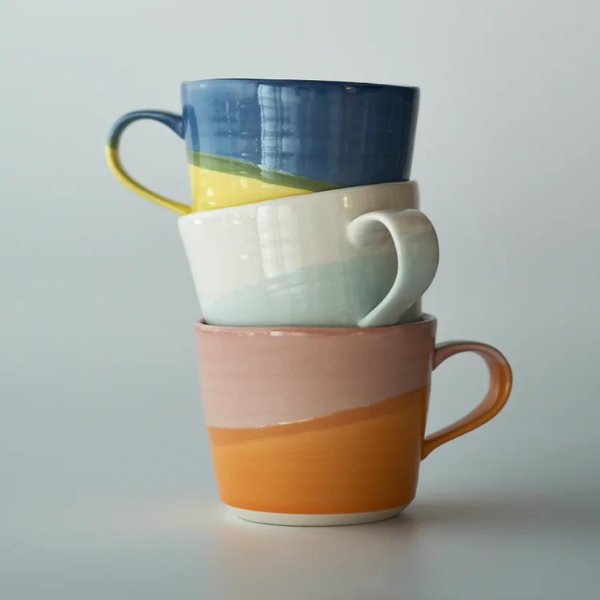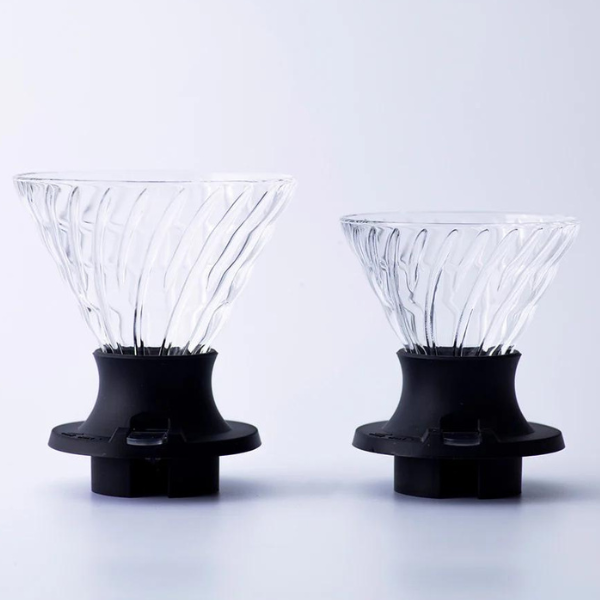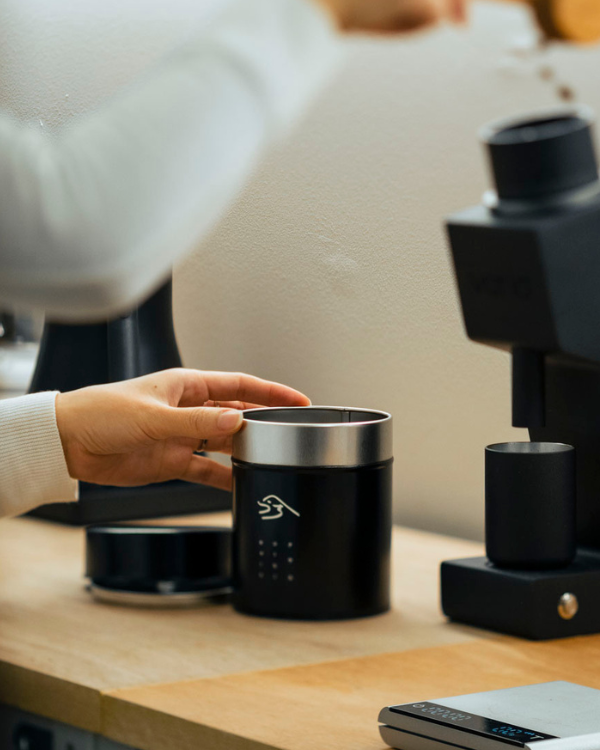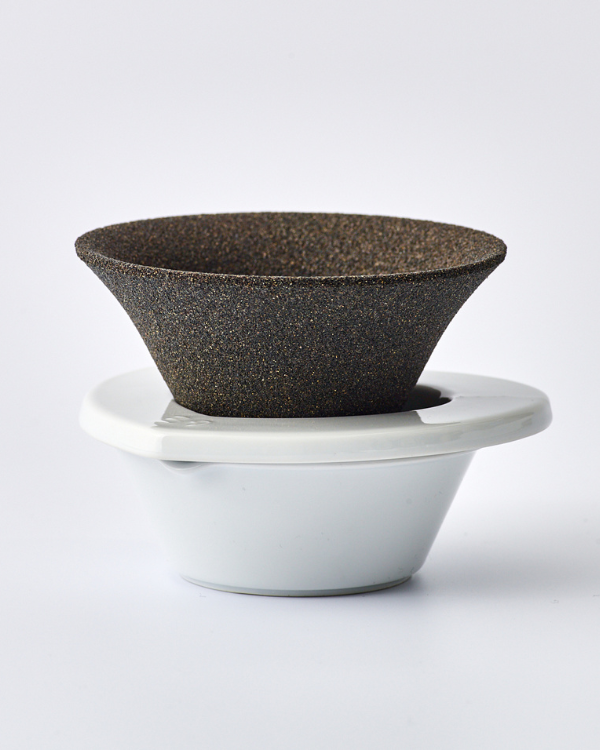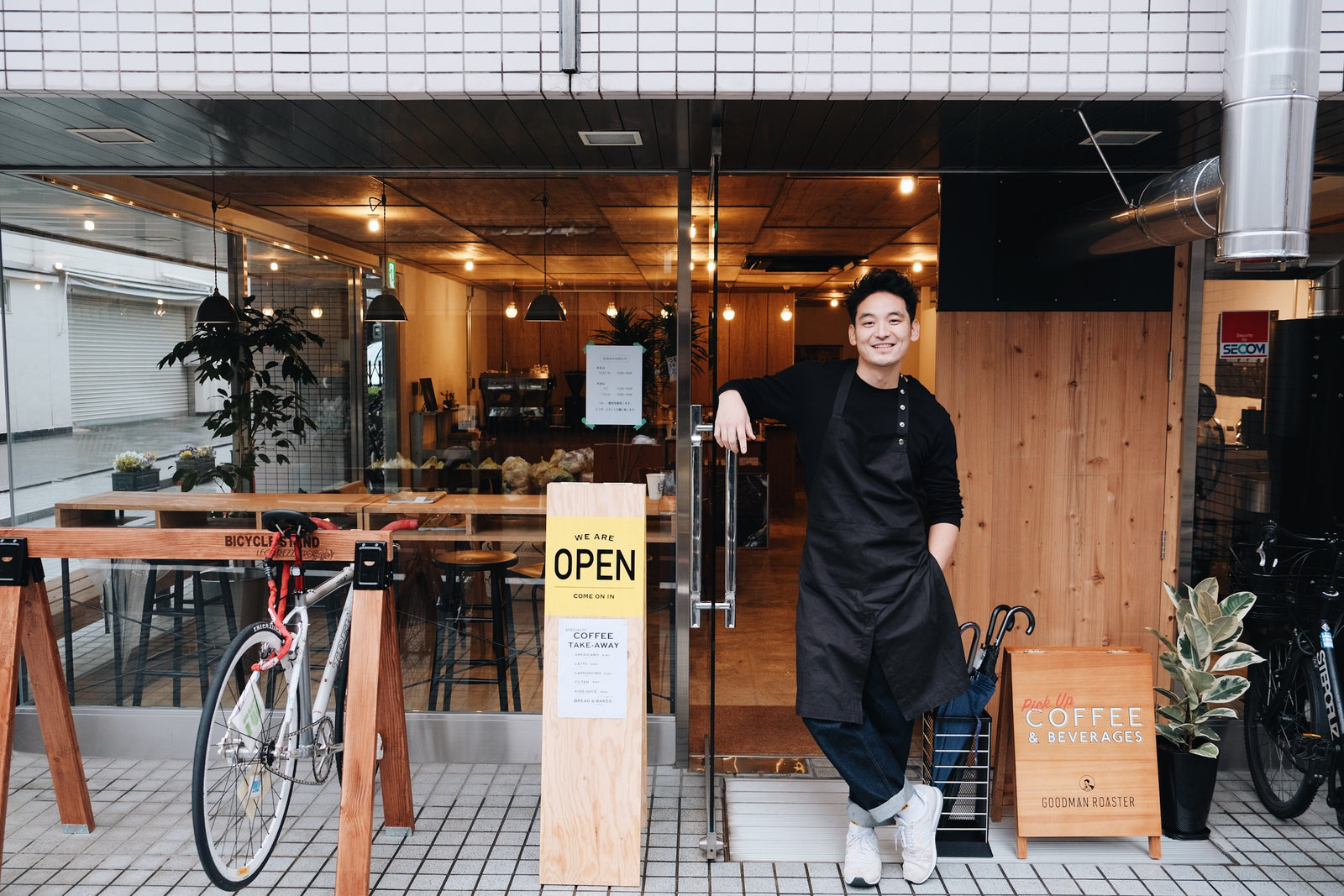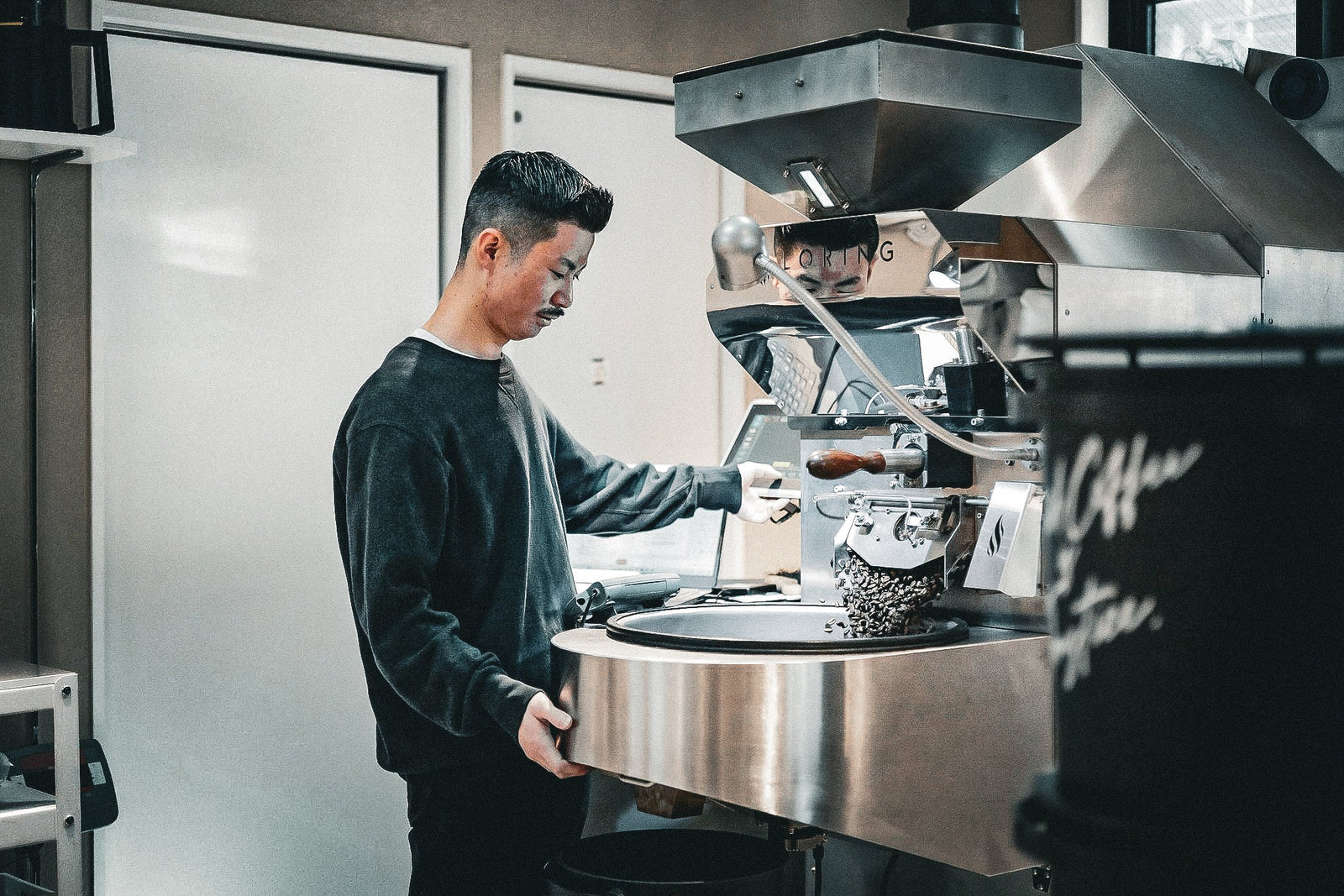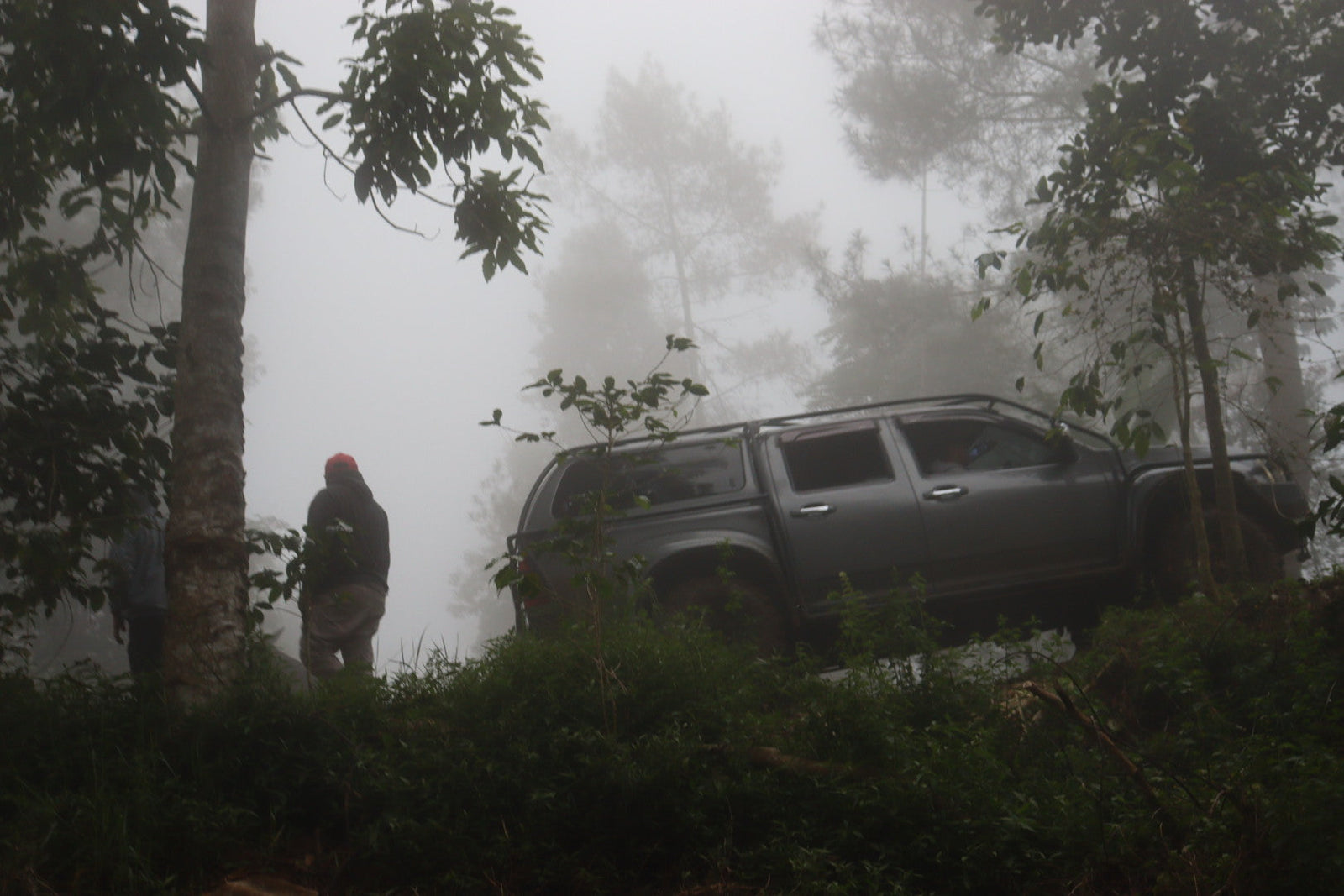The first #KurasuPartnerRoaster of 2020 is Goodman Roaster Kyoto, from Kyoto. They are specialists at roasting Taiwanese coffee produced in Alishan mountain area- the owner, Ito-san, first encountered Alishan coffee during his visit to Taiwan, and started the business alone at the corner of an airport in Taiwan. Currently with 2 branches in Taiwan and 1 recently opened in Kyoto, Goodman Roaster is playing a big part in the Taiwanese coffee scene. We interviewed Ito-san to find out more about his journey.

The encounter with Alishan coffee
Ito-san was born in Tokyo, and started his first career in the fashion industry. However, his all-time dream since graduating was to work at Starbucks, which he eventually realized when he joined the team at the age of 25. He established his career as a barista during the next 5 years and he worked at several Starbucks, mainly in the Tokyo area.
“At Starbucks, I learned how to be an entertainer, and also a lot about hospitality”, Ito-san says. However, as much as he loved working as a barista, the lack of flexibility and independence due to the nature of the large-scale company started to restrict him more than he was comfortable with. He was repeatedly offered a promotion to be a branch manager, but after witnessing how a management position and the administrative work would drive him even further away from the pure enjoyment of being a barista mastering the technique, Ito-san started to think about moving on.
Ito-san felt that no matter how long he would work for Starbucks, what he could discover behind the bar would be no more than a small part of the whole process of coffee production and consumption. He was eager to learn a lot more about coffee, and he also wanted more life experience to offer better customer service. Around then, his friend told him that Taiwan is “the nearest place to Japan where good coffee is produced”, and that prompted him to visit Taiwan, and Alishan mountain.
“When I visited the mountain, they brewed their light roast with a syphon. That was the first light roast ever for me, and it was brewed with syphon. It was such an overwhelmingly special experience” , he recalls the moment still vividly emblazoned in his mind.
Meeting the guide of his life
Since Ito-san was young, there is someone he had always admired greatly and whose books he read all of: the late Mr.Yukio Fujimaki, who was one of the founding members of the “Cool Japan” campaign, as well as being a legendary buyer at Isetan department store. One day, Mr.Fujimaki visited the Starbucks that Ito-san was working at. “I couldn’t help but start talking to him”- Ito-san says. Mr.Fujimaki found Ito-san’s eagerness and unique character amusing, and that encounter started the friendship that changed Ito-san’s journey.
After a year, Mr.Fujimaki opened a boutique shop “Rails Fujimaki Shoten” in JR Shinagawa train station, that sells selection of Japanese crafts with a theme “introducing Japan”. Ito-san was offered a position there, and on his holidays he would travel all across Japan with Mr.Fujimaki to discover and curate pottery, delicacies, kimonos and many more things.
2 years later, and Mr.Fujimaki decided to be a politician. As a result of that he had to close all of his businesses which had any potential conflict of interest. Around at the same time, Ito-san received news that the Taiwanese farm he visited and has been in contact with was closing down as well. At first, Ito-san thought about establishing a supply route between Taiwan and Japan. Starting a business in an unfamiliar place is a gamble. Everyone Ito-san asked for opinions tried to talk him out of it- but Mr.Fujimaki didn’t. One of his mottos was “Find something worthy of the world’s attention, and shine a spotlight on it”- he must have seen the potential success in Ito-san and what he believed in.

To Taiwan
So Ito-san moved to Taiwan, but without being able to speak Chinese and without any funds, he had a long way to go. He rented a shared roaster to begin with, and started roasting some Alishan coffee. However, he had no one to sell his coffee to as he could not speak the language, and what made it worse was the infamous reputation of Alishan coffee being “a really bad, yet very expensive coffee” and “the sort of coffee you drink at service stations just because you have no other choice”- it seemed almost impossible to get attention from the local people, no matter how much he wished to share the joy he experienced at the mountain of Alishan that day.
Ito-san thought hard and finally, an idea hit him- what if he was to sell the coffee to Japanese tourists, as he speaks Japanese and Japanese people do not have the bad experience or biased view towards Alishan coffee yet. He managed to negotiate with a buyer at duty-free shop at Taipei Songshan Airport, where the regular direct flight from Tokyo arrives. The deal was to sell in front of the departure gate for the flight to Japan, with a 30 day contract, with a 50% revenue share. The space allocated for him was “as small as a placemat” Ito-san describes, and he started to sell Alishan coffee.
Ito-san had a family to support- his wife and their newborn child, and the pressure of being responsible for their lives in Taiwan left him with no choice but to grab the chance and never let it go. “I basically played a clown, talking to everybody at the gate, make as much communication as possible to get attention. Outside of my allocated sales time I went to the arrival gate, giving flyers to Japanese people and asked them to buy my coffee when they fly back. I was often stopped by the security guard but I didn’t stop trying. As a result, people started talking about me, and I ended up becoming famous enough to sell up to 150 thousand yen (approx. 1400 USD)”, he recalls.
It was natural for the duty-free shop to want him to continue the business, and the contract was renewed month after month. After about half a year, several well-known Taiwanese boutiques such as Fujin Tree and Eslite contacted him to stock his coffee, and that triggered a rush of media interviews. His rapidly gained popularity which enabled him to open a physical shop in 2013, and eventually the brand grew to have 4 branches in Taiwan and 1 shop in Hong Kong.

A turning point
The business kept growing, and the number of employees increased. However, at the point when Ito-san had to manage more than 20 people in several locations, things became increasingly difficult. He was the only Japanese person in the group, and managing and interacting with people from a different cultural background as well as the language barrier that came in to the crucial business dialogue and decision making process put a lot of pressure on Ito-san. He was eager to give training to lots of aspiring roasters, but having to deal with the major problems he had meant that was impossible to achieve. The situation forced him to make a drastic change in his business development, and he closed down most of his shops, leaving only 2 in Taiwan.
Once he got the control back, the sales started to grow once again- through the chaotic experience, Ito-san says something has fundamentally changed in him.
“Previously, I thought expanding the business is a measure of success. But I lost all of my interest in that. Now I would rather focus on my own growth as a professional, through personal and professional experiences. Right now, I am all about having a well-balanced life. For example, I don’t want to give up eating nice food because of money. But expanding business is not the way to go, although people need enough money to live a good life. Those sorts of things” he explains.
7 years has passed in Taiwan as Ito-san explored his path. Originally he had planned to only spend 5 years before moving back to Japan, but Ito-san had one goal in his mind. It was the promise with Mr.Fujimaki as he told Ito-san to come back to Japan to give something back once he had established himself in Taiwan. From scratch, Ito-san had come this far. When he looked back the way he came, he felt that the time for him to go home had come.
Ito-san picked Kyoto as his base in Japan because he felt something from the city when he visited Kyoto. The city is rich in artisan crafts and its atmosphere attracted Ito-san, and Goodman Roaster opened its door in Kyoto, as Goodman Roaster Kyoto.

Goodman Roaster’s roast
“I am not interested in championships nor any qualifications- the only thing I care about is to make sure that my coffee tastes good”, Ito-san says. He feels that many of the Japanese roasters are captured by the idea of excelling only at their roasting skills so much that they tend not to value the quality of the green beans.
“It’s almost like they are saying: ‘making something great out of anything, no matter how good or bad they are, that’s how I show my skills’. I don’t agree with that way of thinking. I believe that the green beans are the single most important factor that affects quality. These days, most of the roasting process can be controlled by a computer perfectly fine. So for a roaster, it is more important to sharpen the sense of taste and smell to be able to tell the quality of the green beans. Just like any other food, good ingredients do not require much seasoning. To me, dark roast is almost like drowning a food with soy sauce. We don’t intentionally limit our coffee to light roast, but it’s a natural consequence of us trying to express all the goodness in high quality ingredients. With pride, especially with coffee for filter brewing, we say we are getting the best of the best”, Ito-san smiles.
Goodman Roaster uses Diedrich, and its 12kg machine in Taipei and 5kg one in Kyoto. “Roasting with direct fire to create light roast is unthinkable”, Ito-san says, and he is especially fascinated by how well their espresso blend turns out with the Diedrich. “With this incredible infrared roasting method, it gives the espresso wonderful body and crema”, he excitedly explains.

The Japan Ito-san saw, and his future plans
“When I visited Copenhagen, it seemed clear to me that people’s spiritual richness on day to day basis is connected to the ability of purely enjoying the time of drinking coffee. Whether you can enjoy coffee because you have enough wealth in your heart, or drinking coffee brings that to your life, that’s a question I’m still asking myself. When I came back to Japan and suggested several people to take a break and have a coffee, they replied “I can’t be seriously just taking time and drink coffee”, and “there is no time for me to drink coffee”, and that shocked me. People are busy and stressed to the extent that something as simple as just taking some time to enjoy a cup of coffee is not an option in their life anymore. I must do something about it” Ito-san says.
For this first year in Kyoto, Ito-san is planning to run the shop alone- he feels that he should put himself in a challenge to prove himself in his home country. As a natural entertainer, Ito-san finds his calling here in Kyoto to help as many people as possible to have some time just to sit down and relax, hoping that will make a difference in the stressful society.
You have to pay attention, as you can find all the answers on-site, in real life, Mr.Fujimaki said. By bringing what he learned in Taiwan back to Japan, and gaining some more experiences in Japan to take back to Taiwan, Ito-san will surely be a unique ambassador of the two countries’ coffee scenes.



